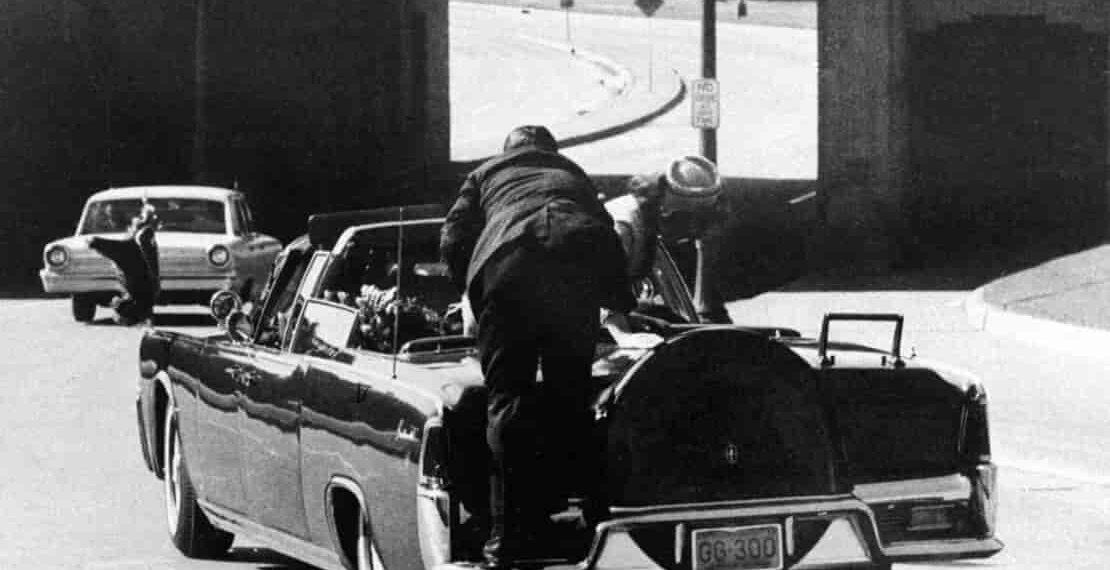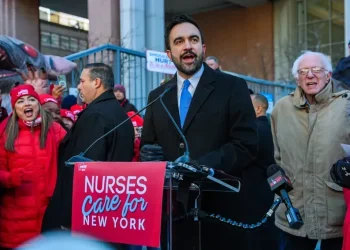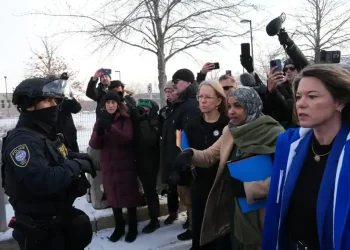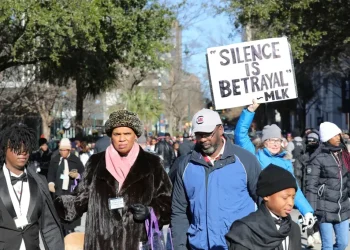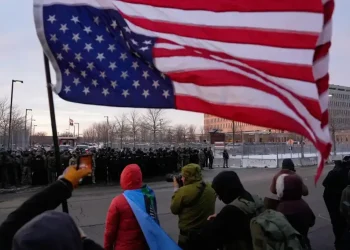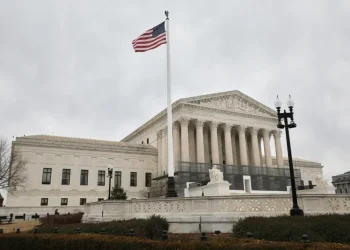Final Secret Files to Shed Light on 1960s Murders of JFK, MLK, and RFK: What We May Discover
On Thursday, President Donald Trump made an announcement that immediately captured the public’s attention: an executive order to release the remaining government files related to the assassinations of President John F. Kennedy, Rev. Martin Luther King Jr., and Senator Robert F. Kennedy. The promise of transparency was a campaign pledge, and Trump’s statement, “And everything will be revealed,” seemed to hint at a new chapter in the decades-long mystery surrounding these high-profile killings.
However, experts warn that these newly revealed files might not be as groundbreaking as some expect. While they may offer more pieces to the puzzle, they are unlikely to provide definitive answers that many have longed for. “The records will not reveal any smoking gun,” said Tom Samoluk, a former member of the government panel tasked with reviewing the JFK files in the 1990s.
The Declassification Journey: Delayed and Ongoing
The release of JFK assassination files began in 1992, after Congress passed a law mandating the public disclosure of related documents unless national security concerns were cited. The original deadline to release the files was set for 2017, during Trump’s first term, but delays followed. Trump ordered a six-month review, resulting in some documents being withheld for reasons like national security and foreign relations.
Now, under this new executive order, the director of national intelligence and the attorney general have 15 days to present a plan for the full release of JFK records. A similar review for the MLK and RFK files is due within 45 days.
JFK’s Assassination: Conspiracy Theories Persist
The Warren Commission’s investigation into JFK’s assassination concluded that Lee Harvey Oswald acted alone. However, this finding has never fully satisfied the American public. Conspiracy theories surrounding the assassination have flourished over the years, with many doubting the lone gunman narrative. Even today, Gallup polls show that more than half of Americans still believe there was a conspiracy.
The investigation and its aftermath have left many questions unanswered. The House Select Committee on Assassinations, convened in 1976, concluded that JFK was “probably assassinated as a result of a conspiracy,” although no specific individuals were identified. Despite this, alternative explanations have persisted, bolstered by films, books, and documentaries.
Gerald Posner, an investigative journalist who once supported conspiracy theories but later defended the lone gunman theory, believes the release of these files will likely only raise more questions. Some redacted documents suggest the CIA was aware of Oswald’s activities before the assassination, including his visit to the Cuban consulate in Mexico City. Posner asks, “Why didn’t they inform the FBI when Oswald returned to the U.S.?”
Robert F. Kennedy: A Mysterious Case with Missing Evidence
The assassination of Robert F. Kennedy in 1968 remains shrouded in uncertainty, and the release of additional documents on this case is far more ambiguous. Many believe that all relevant records were released to the California State Archives in the 1980s. However, the Los Angeles Police Department did acknowledge destroying key evidence after the trial of Sirhan Sirhan, the man convicted of Kennedy’s murder.
A key issue for many is the potential involvement of the CIA in the assassination. Tim Tate, an author and expert on the case, suggests that if Trump’s declassification pertains to CIA files, the documents could reveal troubling details about the agency’s relationship with RFK, including alleged animosity between the two.
Robert F. Kennedy Jr., the senator’s son, has publicly expressed doubts about Sirhan’s guilt, stating that he believes a security guard, rather than Sirhan, may have been responsible.
MLK’s Assassination: A Family Divided on Declassification
The assassination of Martin Luther King Jr. in 1968 continues to be a point of contention for his family. Publicly, the King family has requested to review the documents before they are released, hoping for an opportunity to privately examine them. Some members of the family, including King’s son Dexter King, have raised questions about the official narrative surrounding James Earl Ray, the man convicted of King’s murder. Ray, who later recanted his confession, died in prison in 1998.
The House Select Committee on Assassinations also raised suspicions about a conspiracy in King’s death, but many members of King’s family believe the government’s investigation was insufficient. The FBI’s long-standing surveillance of King, including wiretaps authorized by then-Attorney General Robert F. Kennedy, adds fuel to the fire.
Andrew Young, a close associate of King, has gone as far as to suggest that the FBI played a role in the assassination, citing efforts to disrupt the civil rights movement.
What Will the Final Documents Reveal?
As these final files are prepared for release, the world waits to see if they provide new insights into the tragic deaths of JFK, RFK, and MLK. Will they confirm long-held suspicions of a conspiracy? Or will they only add to the mystery?
In the coming weeks, we may finally gain access to the long-held secrets that have captivated the public for decades. But as experts like Posner caution, even the complete declassification of these files may not provide the answers that many have been searching for. Instead, they may leave us with more questions—and more theories—about the tragic events that shaped America’s history in the 1960s.
This article was rewritten by JournosNews.com based on verified reporting from trusted sources. The content has been independently reviewed, fact-checked, and edited for accuracy, neutrality, tone, and global readability in accordance with Google News and AdSense standards.
All opinions, quotes, or statements from contributors, experts, or sourced organizations do not necessarily reflect the views of JournosNews.com. JournosNews.com maintains full editorial independence from any external funders, sponsors, or organizations.
Stay informed with JournosNews.com — your trusted source for verified global reporting and in-depth analysis. Follow us on Google News, BlueSky, and X for real-time updates.
